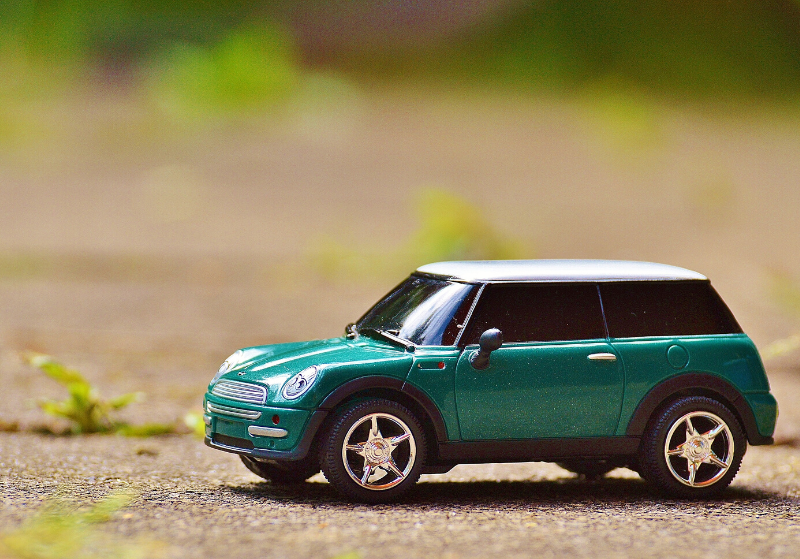
Within the UK there will be new laws introduced and coming into force in 2020 for motorists regarding passing cyclists, car tax, low emissions and much more. Here is a brief overview of what is to come:
1. Low Emission Rules
Primarily being spearheaded in London, in April 2019 a new Ultra Low Emission Zone was introduced which applies to central London. This is being expanded and will soon be extended to all of inner London by 2021. Other cities are also following suit; both Birmingham and Leeds are expected to introduce schemes later this year.
As we know, Bristol has expressed an interest and is expected to roll this out in 2021.
What this will mean is if a vehicle does not meet the emission standards in specific zones then drivers will have to pay to drive in the specified locations. This will affect older diesel cars the most so be sure to plan ahead when you travel.
2. Car Tax
In line with inflation, drivers will see their vehicle excise duty bill go up by £5. Owners of high emission cars will be charged up to an additional £15 and diesel car owners, whose vehicles fail to meet the new mandatory RDE2 emissions standard, will continue to pay higher taxes. New car buyers could also face an extra £65 on their first year’s car tax.
3. Smart Motorways
The government is working on passing legislation that will see larger penalties enforced for those who do not follow the rules when driving on smart motorways. If motorists are caught driving in a closed lane, marked with a red X, they could be fined up to £100 and three points added to their licence. Additionally, Highways England is seeking to build more emergency areas across the smart motorway network.
4. Intelligent Speed Assist
This new technology is designed to prevent speeding and works by using GPS combined with digital speed limit maps to keep vehicles at the correct speed. This is going to become mandatory for new cars from 2022. There will also be an introduction to other mandatory safety systems that warn drivers for distraction and drowsiness: cameras or sensors for reversing, advanced emergency braking, lane keeping assistance and a black box data recorder for incident reporting.
5. Driving Permits and Green Cards
As Brexit is still ongoing, Government guidance for Brits is that their current driving licences will not be useable in the EU in a no-deal scenario. Moving forwards if you’re planning to drive in the EU you will have to spend £5.50 on an international permit if we leave without a deal. You can get this at the Post Office. You will also need a Green Card if you are planning to drive your own car in the EU. Be sure to contact your insurer to obtain this one month before you travel.
6. Parking Surcharges and New Legislation
Currently in London there is a pavement parking ban, however the Government is looking to pass new legislation that would see this restriction extended across England. At present there is a lot of opposition to this so passing the legislation will be delayed.
The RAC is implementing a new code of practice to help protect drivers from rogue parking companies by banning certain practices and creating a new independent appeals process throughout England. Legislation has been passed but the working group is yet to release the code of practice.
7. New Qualified Drivers
Newly qualified drivers are facing changes once they have passed their test, with the possibility of bringing in a graduated driving licence. At present drivers with less than two years behind the wheel face tougher penalties for offences like using a mobile phone. The RAC believes that the government will focus on further restrictions such as:
- Curfews for when new drivers should be on the road
- Limits on how many passengers a new driver can have
- Separate lower speed to other drivers
- Limits on engine sizes that newer drivers can drive
- Mandatory P plates for up to two years
- Lower limits for alcohol than compared to other drivers
Northern Ireland is testing the graduated driving licence scheme which could lead to this scheme being rolled out in England, if successful.
Learner drivers are now able to use motorways as part of their driving lessons so long as they are accompanied by a driving instructor in a dual controlled vehicle.
8. Consideration to Cyclists
Drivers will soon be encouraged to use the ‘Dutch Reach’ when opening car doors. Instead of using your hand closest to the door you use your far hand to reach the handle, allowing you to look out of the window to ensure the way is clear. Drivers are to also be told that they must give way to cyclists and pedestrians when turning left. This is all set to be added as part the Highway Code.



